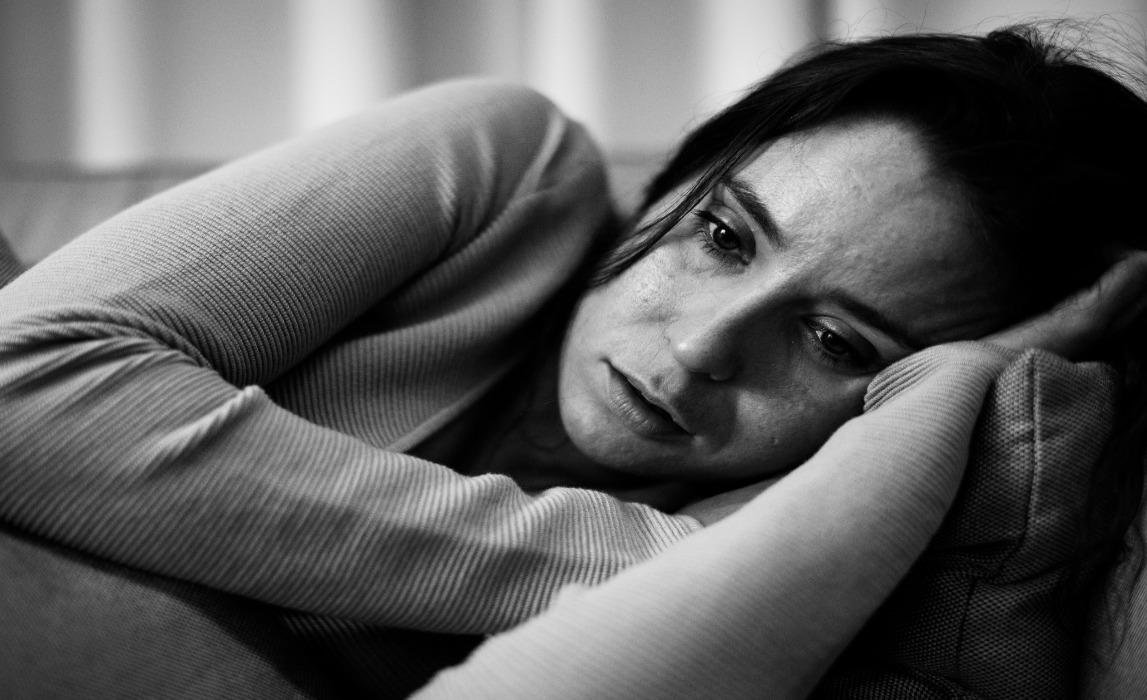Depression

Human suffering comes in many forms, and emotional suffering affects almost everybody at one point or another. In some cases, that suffering can be so profound and have such an overwhelming impact on everyday life that it’s vital to get help. What prevents many people from seeking critical support or medical treatment for their mental health, however, is not knowing when their emotional state is serious enough to endanger their mental wellbeing. In terms of getting help, I often say that if you're waiting until things get dangerous, you're probably leaving it too late already.
There are all kinds of reasons why someone might have a low mood—and having low moods is actually part of the spectrum of normality. The difference between that and what would be called clinical depression is sometimes very difficult to distinguish. A case of serious depression will occur over a longer period of at least two weeks, and will be accompanied by other symptoms. As well as feeling generally low emotionally, someone with depression may experience a lack of energy, lost interest in regular activities, lost ability to experience pleasure, changes in sleep patterns, and changes in appetite, in concentration, and in motivation.
Psychiatrists used to make a distinction between cases of depression primarily caused by internal biological factors (endogenous depression) and those primarily caused by external psychological factors (reactive depression). According to this understanding, endogenous depression would explain cases where, for no apparent reason, a person would experience one or more depressive episodes. Reactive depression would occur in reaction to some kind of tangible life event. There has, however, always been a significant overlap between these two, to the point where the validity of this distinction is now questioned. The current conceptualization of depression is essentially one of a clinical syndrome, defined by a number of features while not being bound to any specific cause, involving both biological and psychological factors.
Sometimes it’s part of a normal adjustment that people do have thoughts of “ending it all” as a way of escapism. It’s still worth discussing these thoughts with somebody and trying to find a better way of managing. Most of the work on prevention of suicide that we psychiatrists engage in needs to happen early, because recovery is often about how you manage your own mental health, as opposed to treating a mental illness.
People living in a foreign country are classically exposed to experiencing alienation and loneliness, which are significant risk factors to mental wellbeing. What is often difficult to adjust to in the expat experience is the lack of the familiar support networks that might exist in their own countries. This is especially true in a country like Vietnam, which does not currently have the kind of established health system that can provide a safety net for people suffering from mental illness. There's less social support, and there are very few trained therapists and professionals.
Most foreign residents here have left behind friends in a different time zone on a different continent, people who could otherwise give you a good word of advice or “grab you by the neck” when you need it. This suggests that, in the absence of the normal support systems, an individual in this situation needs to be more proactive, responsible and assertive in managing their own health.
When people are put in extreme circumstances where their familiar sources of support are not there, then they will be at risk of suffering from major depression, a serious mental illness that can affect multiple aspects of a person’s life and dictate the need for treatment. While this can involve medication, I am an advocate of people having some kind of a plan to manage their condition in the long term. These “wellbeing plans” should take note of what circumstances can have a positive or negative impact on your mental health; what the symptoms of depression are and what to do when they occur, when to panic and when not to panic, and who to call at each stage—including who knows about your condition and what would constitute an emergency. It’s different for every person.
It has been my practice in the past to treat my patients for an acute episode, and then, when things started getting better, help them to form their own wellbeing plan, with strategies to manage going forward and carrying on with good mental health. Such a plan helps a person to manage, and that in itself greatly reduces the risk of relapses.
Dr. Miguel Fernando Dinis de Seixas - Psychiatrist, Family Medical Practice Ho Chi Minh City
 We use cookies on this website to enhance your user experience
We use cookies on this website to enhance your user experience